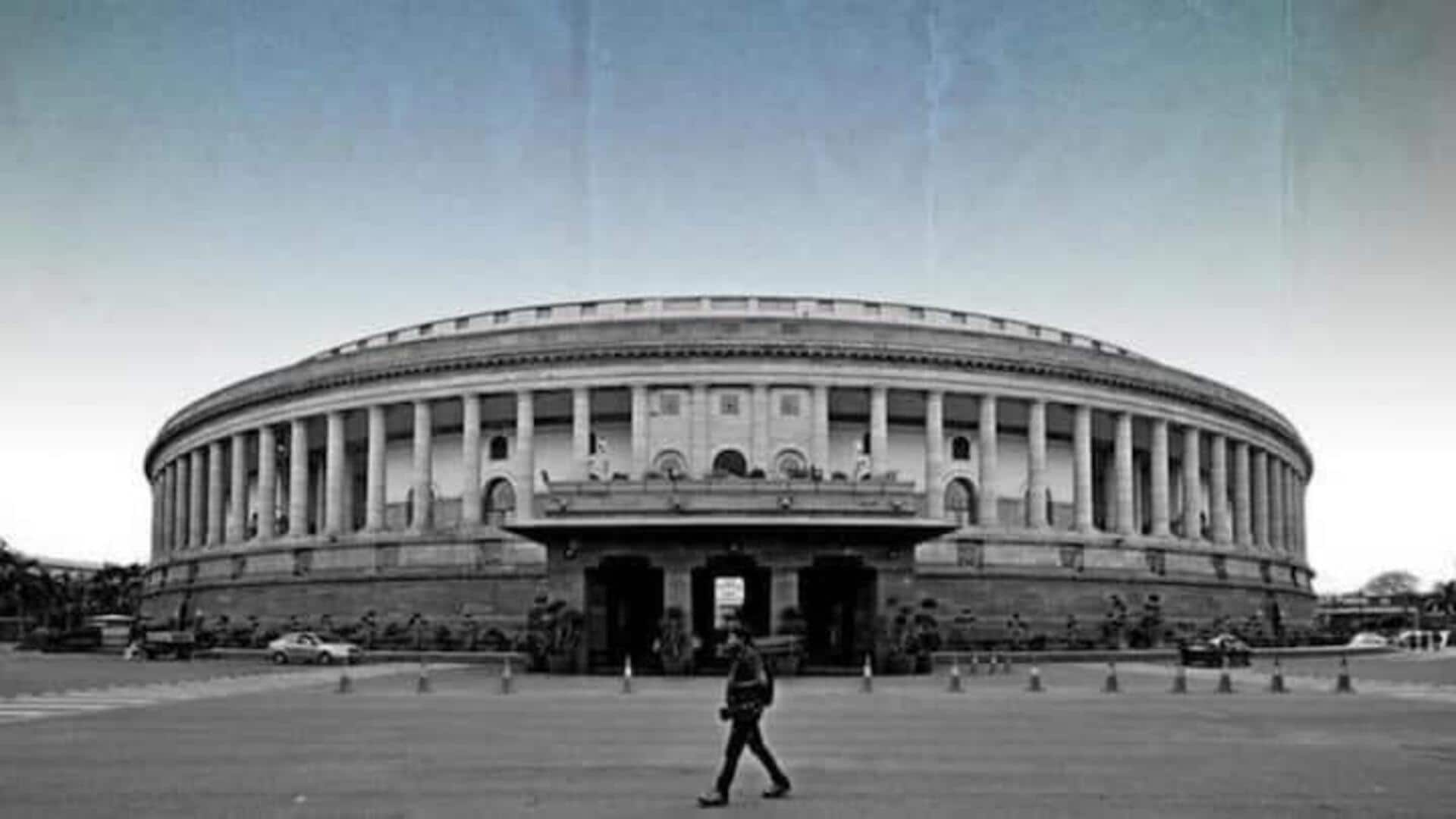
Centre to introduce bill to curb Waqf Board powers
What's the story
The central government is expected to introduce a bill in Parliament aimed at curbing the "unfettered" powers of Waqf Boards in declaring any property a "waqf asset" and assuming control over it next week.
According to the Times of India, the Cabinet has discussed approximately 40 amendments to the Wakf Act, including those intended to check the jurisdiction of Waqf Boards.
Currently, these boards control assets worth lakhs of crores of rupees nationwide.
Verification process
Proposed amendments to require mandatory verification
The proposed amendments will necessitate mandatory verification of Waqf Boards's claims on properties, which were previously unrestricted.
This verification process will also extend to properties for which both Waqf Boards and individual owners have made claims and counter-claims.
"As per the proposed amendments, the claims on properties made by Waqf Boards will be mandatorily verified. Similarly, mandatory verification has been proposed for disputed properties of Waqf Boards," sources told News18.
Power check
Legislation aims to curb arbitrary powers of Waqf boards
Two provisions for mandatory verification of properties are also among the major amendments proposed.
TOI reported that these provisions are designed to limit the arbitrary powers of Waqf Boards, which currently have the authority to label any property as a waqf asset.
At present, over 8.7 lakh properties across India, totaling around 9.4 lakh acres, fall under the jurisdiction of Waqf Boards.
Board restructuring
Bill proposes changes in Waqf Boards composition
The bill also suggests changes in the composition of Waqf Boards and seeks to repeal some provisions of the current law.
The bill proposes amending Sections 9 and 14 of the Wakf Act to change the composition of the Central Waqf Council and state Waqf boards, ensuring that women are represented.
The government had previously noted the sweeping powers of state Waqf Boards to stake claim on any property and the delay in conducting a survey of such properties.